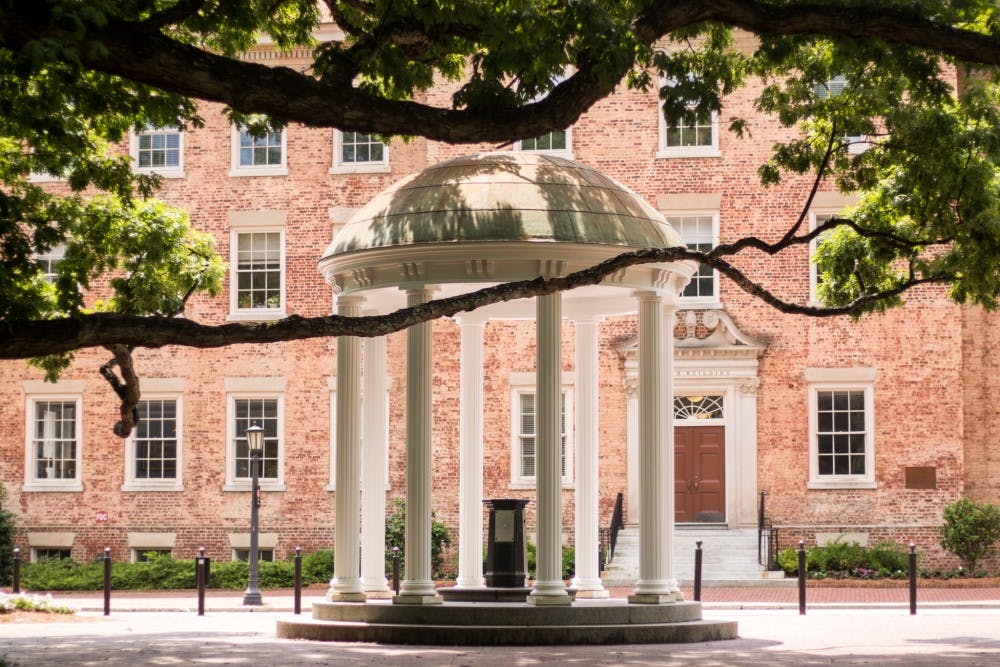CORRECTION: An earlier version of this story incorrectly identified the average difference in graduation rates between student-athlete and non-student athlete students at the University of North Carolina Chapel Hill. The correct average difference is 19 percent. The Daily Tar Heel apologizes for this error.
CLARIFICATION: An earlier version of this story misrepresented the student-athlete graduation rate at UNC. While student-athletes at UNC do graduate at a lower rate than the general student body, the rate is comparable to student-athletes at other UNC-system schools. This article has been updated with the correct context, as well as specific graduation rates. The Daily Tar Heel apologizes for this error.
At this week’s meeting of the Board of Governors, the Committee on Educational Planning, Policies, and Programming unveiled a report on transparency in college athletics.
As part of their commission for the fair treatment of student-athletes, the NCAA requires annual reports tracking the progress and graduation rates of all undergraduate students. The report revealed that student-athletes at ECU and UNC-Charlotte had a higher six-year graduation rate — 66 percent and 71 percent respectively — than those in the general student population for the past few years, 63 percent for ECU and 55 percent for UNC-Charlotte. Student-athletes at UNC graduated at a comparable rate to student-athletes at other schools at 68 percent, but graduated at a lower rate compared to its general student body at 89 percent.
Whereas non-student-athletes are only required to meet with an adviser during their first semester and once more at the beginning of their sixth or seventh semester, student-athletes enrolled in UNC’s College of Arts and Sciences are required to meet with an adviser every semester.
“There definitely isn’t a lack of advising for athletes, we get a good amount of resources through Loudermilk that the average UNC student does not," Ari Krayzman, a rising sophomore on the fencing team, said. "So those of us that are actually here for school get a leg up on academics."
During these academic advising sessions, student-athletes receive personalized assistance that consists of four general focal points: major and minor exploration, learning abilities and preferences, educational goals, and self-assessment and identity development. In addition, a University Career Services counselor provides office hours in the student-athlete academic facility once a week, giving student-athletes additional opportunities to learn more about their majors.
Mary-O Soule, a rising junior on the swim team, said academic advising is a need-based system.
"If you need someone to help keep you on track there is someone on top of it, but some people do not need it as much," she said.



